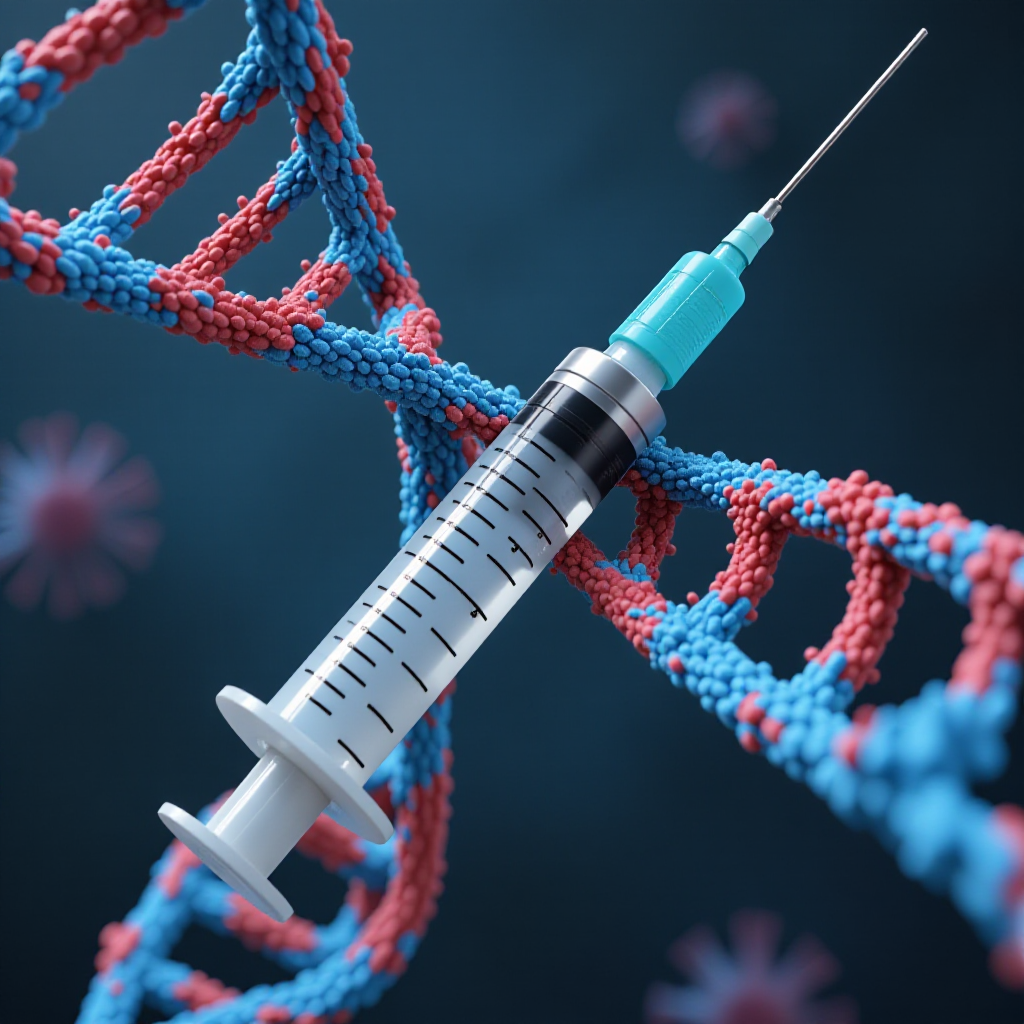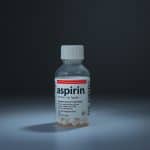Vaccines and Autism: Exposing the Dangerous Myth — Science Wins

What is autism? A genetic, neurodevelopmental condition
Autism spectrum disorder (ASD) is a neurodevelopmental condition characterized by differences in social communication and repetitive or restricted behaviors. Decades of research show that genetic factors are the primary drivers of autism risk. Twin and family studies consistently report high heritability: identical twins have markedly higher concordance rates than fraternal twins, and autism clusters within families. Modern genomics has identified both common genetic variants and rare de novo mutations that contribute to ASD, demonstrating a biological basis rather than a vaccine cause.
The origin of the myth — a fraudulent 1998 paper
The vaccine–autism scare traces directly to a 1998 paper published in The Lancet by Andrew Wakefield and colleagues. The paper claimed a link between the MMR vaccine and autism. Subsequent investigations revealed serious problems:
- Falsified data: Patient histories were manipulated to support the author’s conclusion.
- Financial conflicts: The lead author had been paid by lawyers pursuing lawsuits against vaccine makers.
- Ethical violations: Unapproved procedures were performed on children.
The paper was formally retracted, and Wakefield’s medical license was revoked. Yet the damage lingered — distrust spread and vaccination rates dropped in some places, leading to preventable disease outbreaks.
Large-scale evidence against a vaccine link
After the Wakefield fraud, researchers worldwide set out to test the vaccine–autism hypothesis using large, rigorous methods. The results converged consistently:
The Danish thimerosal study (2003)
Concerns about thimerosal — a mercury-containing preservative once used in some vaccines — prompted major investigations. A large Danish study in 2003 followed over half a million children and compared autism rates between those exposed to thimerosal-containing vaccines and those who were not. The clear result: no difference in autism incidence attributable to thimerosal.
The definitive Danish cohort (2019)
In 2019, researchers published one of the most comprehensive vaccine-safety studies to date: a nationwide cohort from Denmark including more than 650,000 children followed for many years. The study found no increased risk of autism associated with MMR vaccination. Large sample size, long follow-up, and careful controls make this a powerful refutation of any causal link.
Cochrane review (2012)
Cochrane systematic reviews are the gold standard for evidence synthesis. The 2012 Cochrane analysis of MMR and autism concluded there is no credible evidence to support a link between MMR vaccination and autism — a conclusion consistent with the large cohort studies.
The paracetamol (acetaminophen) hypothesis — examined and rejected
Some more recent papers suggested an association between paracetamol exposure (prenatal or early life) and neurodevelopmental outcomes. These early observational studies raised hypotheses but suffered from confounding and measurement limitations. Larger, better-controlled investigations and meta-analyses have not established a causal relationship between paracetamol and autism. In short: initial signals did not survive rigorous testing.
Why large studies and systematic reviews matter
Individual small studies can produce spurious associations; fraud and bias can mislead. That’s why replication at scale matters. Hundreds of thousands of children across independent cohorts (Denmark, Sweden, the United States, and others) have been studied. When multiple well-designed cohort studies and systematic reviews repeatedly show no association, the scientific consensus becomes robust: vaccination is not a cause of autism.
Autism’s true biological roots
Genetics explains a large portion of autism risk. Whole-genome sequencing, copy-number variation studies, and analysis of de novo mutations in large family cohorts have identified multiple genes and pathways implicated in neural development. Environmental exposures may interact with genetic susceptibility in complex ways, but the evidence points to biology far more than to vaccines.
Public health consequences of the myth
The persistence of the vaccine–autism myth has real-world costs: declining vaccination coverage, measles and mumps outbreaks, and preventable illness and death. Combating misinformation is not about silencing questions — it’s about showing the evidence clearly and compassionately so parents can make informed, life-saving choices.
Bottom line
The claim that vaccines cause autism began with a fraudulent paper and has been decisively refuted by large, well-conducted studies and systematic reviews. Autism is a neurodevelopmental condition with strong genetic underpinnings. Vaccines remain one of the most effective public-health tools we have. Protecting children means trusting the body of evidence, not discredited studies or alarmist headlines.
Life in Balance MD is led by Dr. Amine Segueni, a board-certified physician dedicated to delivering clear, evidence-based health insights. His passion is helping readers separate facts from myths to make smarter, healthier choices. Content is for educational purposes only and not a substitute for medical advice.





